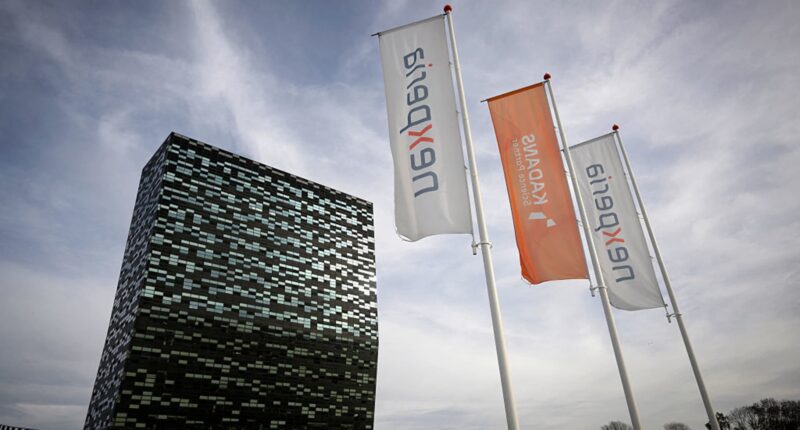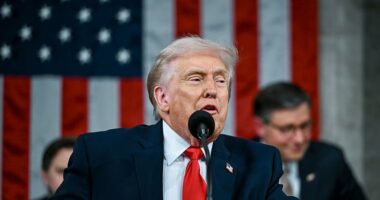Share this @internewscast.com
The headquarters of Nexperia in Nijmegen was captured in a photograph dated November 6, 2025, showcasing the hub of the Chinese-owned chipmaker. The image, taken by John Thys for AFP and Getty Images, serves as a backdrop to recent diplomatic developments.
On Wednesday, the Dutch government announced a pause in its intervention with Nexperia after engaging in positive discussions with Chinese officials. This move signals a potential thaw in relations between the two nations regarding the semiconductor industry.
Dutch Economy Minister Vincent Karremans expressed optimism, describing the suspension as “a show of goodwill.” He shared this sentiment in a statement on the social media platform X, highlighting the progress achieved during the negotiations.
In a detailed letter to parliament, Karremans noted that China’s position has shifted, allowing European and other international companies to export Nexperia chips. He emphasized the significance of this change, calling it “an important step” in resolving the conflict.
This breakthrough seems to conclude a tense dispute that had escalated concerns among global automotive manufacturers about an exacerbating chip shortage. The resolution is likely to ease the pressure on the automotive sector and potentially stabilize the semiconductor supply chain.
The development appears to bring an end to a bitter dispute between the Netherlands and China, one that had prompted global automotive groups to raise the alarm over a worsening chip shortage.
The Dutch economic affairs ministry said the country considered it to be “the right moment to take a constructive step” by suspending the order under the so-called Goods Availability Act. It added that it would continue to hold talks with Chinese authorities over the coming weeks.
CNBC has reached out to Nexperia, which is based in the Netherlands but owned by the Chinese company Wingtech, and the Chinese embassy in the U.K. for comment.
The situation involving Nexperia began in September, when the Dutch government invoked a Cold War-era law to effectively take control of the company. The highly unusual move was reportedly made after the U.S. raised security concerns.
In making the decision, the Dutch government cited fears that technology from the company — which specializes in the high-volume production of chips used in automotive, consumer electronics and other industries — “would become unavailable in an emergency.”
China responded by blocking exports of the firm’s finished products.
Shares of Europe’s auto giants were trading mixed on Wednesday morning. Milan-listed Stellantis, the parent of Jeep, RAM, Dodge and Chrysler, rose 0.7% on the news.
Germany’s Volkswagen, Mercedes-Benz Group and BMW, meanwhile, were all trading marginally lower at 9:48 a.m. London time (4:48 a.m. ET).
— CNBC’s Michael Wayland contributed to this report.








